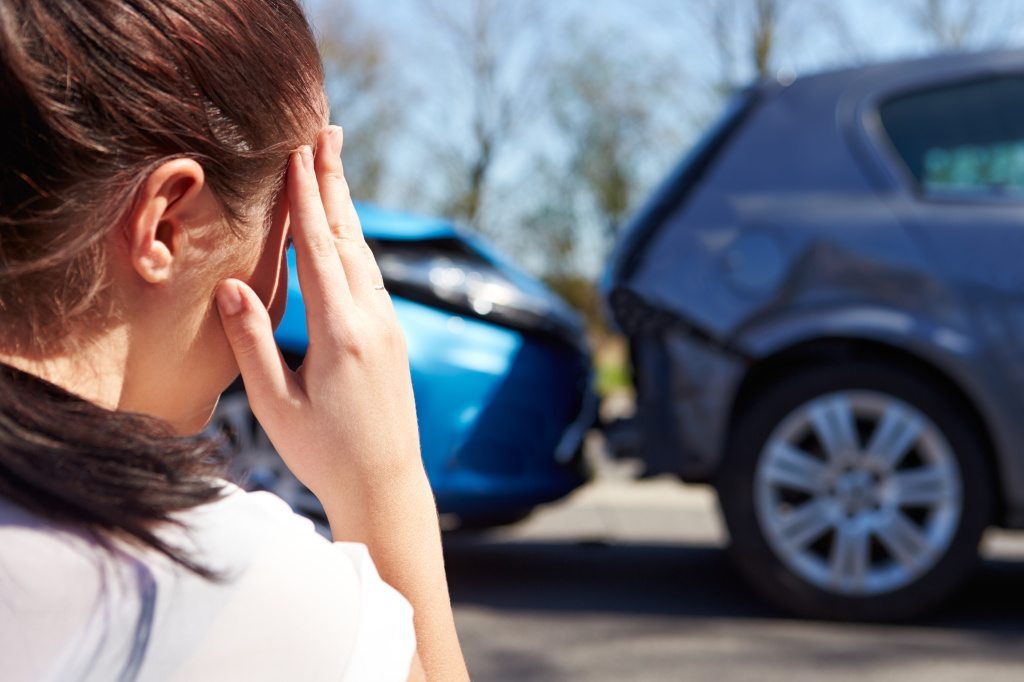 We were supposed to be asleep. But I’d slipped downstairs to hover outside the dining room where my parents were entertaining guests. I crooked my finger at my father, motioning him to come to me.
We were supposed to be asleep. But I’d slipped downstairs to hover outside the dining room where my parents were entertaining guests. I crooked my finger at my father, motioning him to come to me.
“Come in, honey,” he invited. “What’s going on?”
Clad in my footy-pajamas, I padded in and told him that my younger sister, Rachel, was sick.
One of the guests, a young internist physician, was urged by his wife to go upstairs with us. The doc examined Rachel, but then shook his head. “I don’t know. I think you ought to call the child’s doctor. I’m not that familiar with treating children.”
Dad looked confused.
Then the doctor added, “Children are not just little adults, you know.”
That statement stuck, often appearing in Dad’s stories and sermons. I liked it since it seemed to calm and shift him into a more reflective, less punitive gear, especially when he was reacting to our missteps.
Hey, we were just kids!
However, after 27 years of parenting adventures with four children, I now appreciate the full richness of that statement. Children are not “just little adults” mentally, emotionally, or spiritually, either. Age-appropriate responses are a challenge.
Do we “pick our battles,” letting some issues go? Or “nip it in the bud,” correcting small mistakes before they become big ones?
Do we intervene through punishments or rewards? Or allow natural consequences to teach them?
Regardless of our choices, I believe we should call out the best that’s in our children.
Yet, children aren’t the only ones that need to grow and mature. Parenthood should call out the best that is in us, too.
I’ll never forget one phone call from a fellow high school parent. My daughter had two fender-benders within weeks after getting her driver’s license. One girlfriend was with her in both accidents. After the second accident, my phone rang, the caller-ID indicating it was the girl’s home phone.
It was her mother. I braced myself for a tirade.
“Becky,” she began, “I just wanted to let you know how thankful I am that Brittany is such a good driver. Those accidents could have been far worse. I am glad my daughter was with such a good driver.”
Stunned, I babbled back my gratitude and apologies. She insisted I had nothing to apologize about.
As I hung up the phone, I wondered if the situations were reversed, would I have been that understanding, that gentle, that kind?
Perhaps I needed to grow, too.
Parents aren’t just adults with children; we are teachers, mentors, coaches. Our responses are more than adult reactions. They are lessons, the stories that are told and retold. What we say and what we do matters to our children and to fellow parents, too.
Maybe with a little reflection, we can find the right response at the right time that calls out the best in our children and in us, too. When we love and live beyond what we know, I’ve learned, it’s often time to grow.
This column was originally published as part of my “Looking Homeward” series at Herald-Dispatch.com.
Thanks, Becky. This piece is a lovely reminder. Wishing you and your family a very happy Thanksgiving.
Thanks, Liane! Hope you have a wonderful Thanksgiving, too!
Great article, Becky! Posting a link on my FB page.
Thanks, Luanne!!
Thank you, Luanne! I learned so much in that one phone call from this gentle mom.
I am sending this out into the universe…I liked it a lot. Thank you.
Thank you so much!
I learned so much from your retelling of that lovely woman’s call to you. Thank you for sharing this. So much to think about. I wasn’t a very kind mother. I yelled too much and was always impatient. Isn’t it lovely the oxytocin took those early days and my sons do love me despite my half-handed mothering?
You are welcome, Laura. It’s easy to look back and see things differently. But if our children know how to love and show kindness–for that we can be grateful.
After raising three children I have learned that I was too kind because of the time spent trying to protect them from real life. Learning to overcome obstacles in youth better prepares them for life as an adult.
I know what you mean, Grace! It’s so hard to know when to let consequences be the teacher versus protecting them from pain. Always a struggle to know what is really in their best interests.